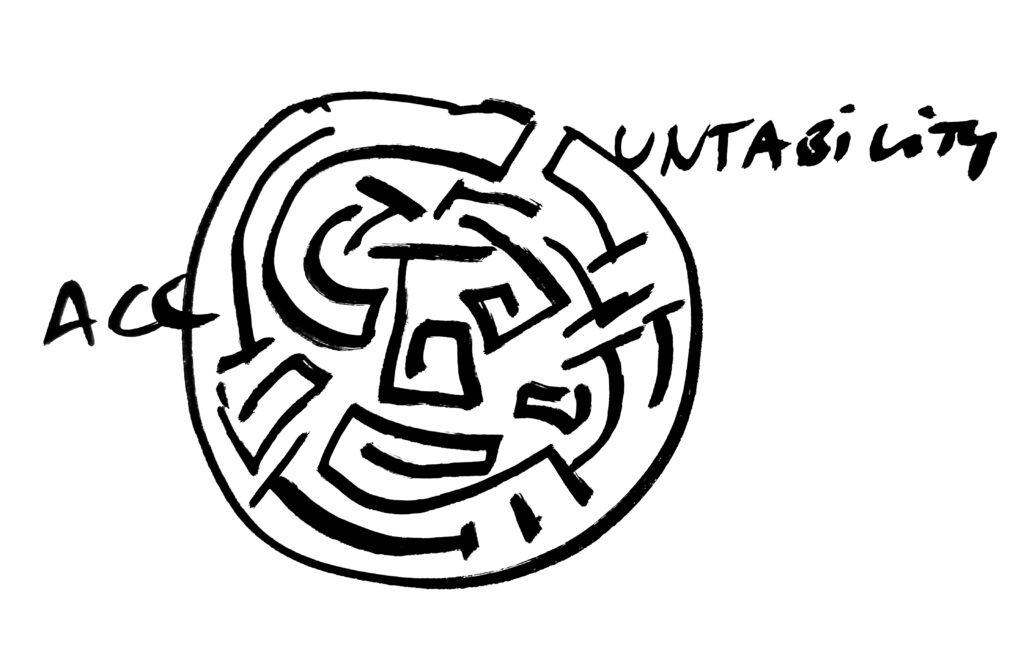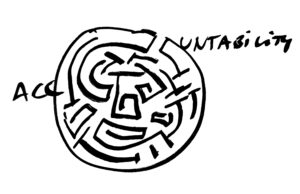Project Team

Raluca Grosescu
Principal Investigator
I am a Lecturer in politics at the National University of Political Studies and Public Administration, Bucharest. My work focuses on corporate accountability, international law, and memory and justice politics in post-dictatorial and post-conflict societies. My latest monograph, Justice and Memory after Dictatorship. Latin American, Central Eastern Europe and the Fragmentation of International Criminal Law will be published by Oxford University Press in 2024.
I am the author of Les communistes dans l’après communisme. Trajectoires de conversion politique de la nomenklatura roumaine après 1989 (Paris : Editions Michel Houdiard, 2012) and the co-editor of Transitional Criminal Justice in Post-Dictatorial and Post-Conflict Societies (Cambridge: Intersentia, 2015).
I have also published in journals such as the International Journal of Transitional Justice, Global Society, Journal of the History of International Law. I am also the Principal Investigator of the Romanian Research Council (UEFISCDI) funded project The Contribution of State Socialist Countries of Eastern Europe to the Development of International Criminal and Humanitarian Law after 1945 (2021-2024).
-
Victoria Basualdo
Researcher
I am a Researcher at the National Council for Scientific and Technological Research in Argentina (CONICET) and a Professor at the Latin American School of Social Sciences (FLACSO Argentina). I hold a BA from the University of Buenos Aires, and an MA, MPhil and Ph.D. in History from Columbia University (New York). My research focuses on Argentine and Latin American labor and trade-union history, economic history and human rights from the Cold War up to date, and particularly on corporate accountability.
I have coordinated, authored and co-authored 8 books, as well as over 40 chapters and articles in academic journals. In 2021, Palgrave Macmillan published the book Big Business and Dictatorships in Latin America. A Transnational History of Profits and Repression, which I coordinated along with Hartmut Berghoff and Marcelo Bucheli. This book studies the relationship between big business and the Latin American authoritarian regimes during the Cold War, includes previously unavailable archival sources in different countries in Latin America, and shows different types of relationships between dictatorships and large corporations within the context of country-specific complexities and world-wide trends, based on contributions from the fields of economic history, business history, labor history and human rights studies. Within the CORPACCOUNT research project, I am analyzing the role of trade-union organizations and labor international institutions on global corporate accountability movements, as well as the trajectories of memory, truth and justice of South American countries, particularly Argentina, Brazil and Chile, concerning corporate responsibility in human rights violations.
-
Henry Rammelt
Researcher
I am a Researcher and Associate Lecturer at the National School of Political Studies and Administration (Bucharest). My research interests include social movements, corporate accountability, contentious politics, and civil society. I hold a Ph.D. in political science from the University of Lyon and I held research positions and fellowships at Sciences Po (CEVIPOF), the Romanian Academy, Triangle UMR Lyon, and the University of Bucharest.
I am the author of Activistes Protestataires en Hongrie et en Roumanie (Paris: L’Harmattan, 2018) and the co-director of the documentary movie Portavoce – The Romanian Culture of Protest (2018). My work has been published in journals such as East European Politics and Society, Erdkunde – Archive for Scientific Geography, or Intersections – East European Journal of Society and Politics. I am a member of the editorial board of the Institute for Protest and Social Movement Studies’ (Berlin) working paper series. Within the CORPACCOUNT research project I am conducting quantitative networks analysis on global corporate accountability movements, as well as qualitative research on boycotts.
-
Andru Chiorean
Researcher
After a PhD in history at the University of Nottingham (UK), I joined the CORPACCOUNT project within which I am currently investigating the role of transnational NGOs’ coalitions and business associations in the production of international norms and regulations on corporate criminal accountability. My research interests focus on transnational / global history, political sociology, and corporate accountability.
I have previously held fellowships at the New Europe College Institute of Advanced Studies, the Research Institute of the University of Bucharest, Wilson Center in Washington, DC, and Davis Center for Russian and Eurasian Studies at Harvard University. My work has been published in journals such as European Review of History and in edited collections. My first monograph, Seeing like a Censor: Socialist Cultural Policy and Censorial Relations in Communist Romania, 1945-1989 is forthcoming in 2023.
-
Măriuca Petre
Project Manager
With a diverse background in Film Directing and International Relations, spanning over 18 years in the film industry, I have been fortunate to contribute to projects that garnered critical acclaim and prestigious awards across various international film festivals.
Since 2019, my focus has shifted towards managing projects funded by the European Union and Norway Grants. This transition allows me to combine my filmmaking expertise with a deep passion for International Relations. As a project manager, I’ve learned to handle teams, solve problems and communicate effectively.
In summary, my path from Film Directing to Project Management brings a fusion of creativity, organizational finesse and a global perspective to every endeavor I embark upon. I am dedicated to making a positive impact through my work and embracing the challenges that come my way.
